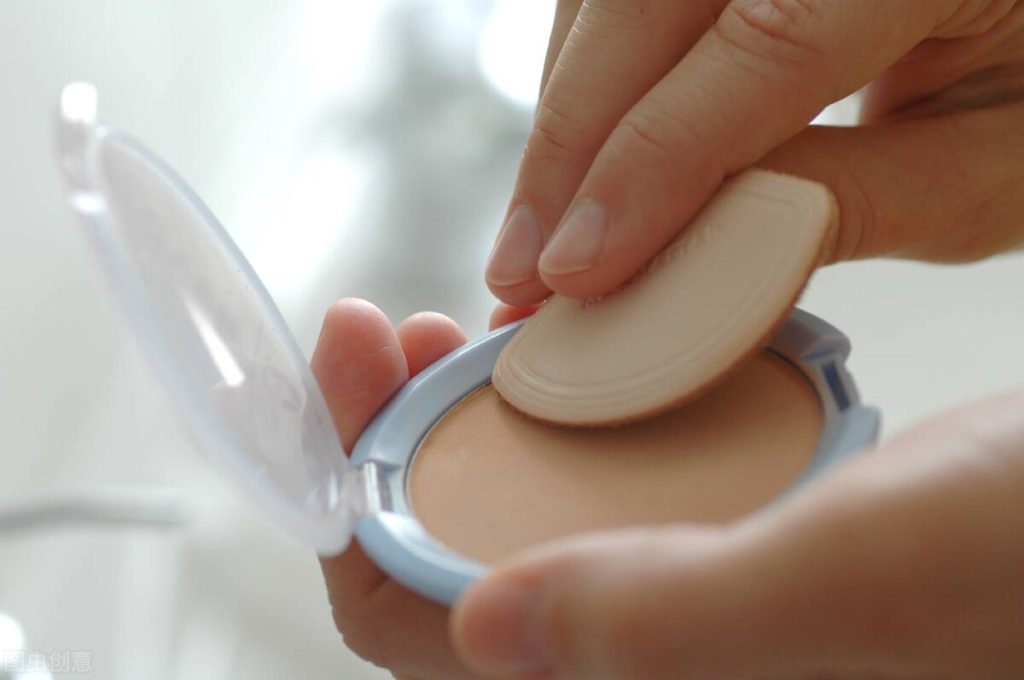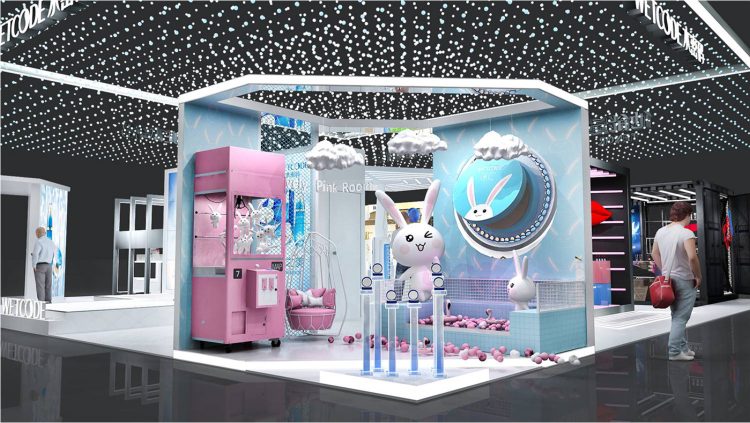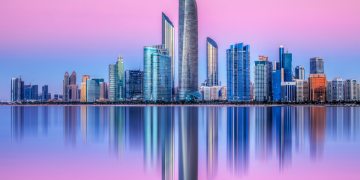In the heart of Seoul’s Yongsan District stands a pristine edifice, the headquarters of a renowned South Korean cosmetics firm. As a beauty aficionado, I ventured into this structure with a blend of curiosity and excitement, eager to immerse myself in the cutting-edge world of AI-customized beauty products.
Crafting the “Korean Bare-Faced Look”
The building’s interior exudes minimalistic elegance, with an art gallery and museum on the first floor, and a product showcase on the second. Housing over 600 products from more than 30 brands, this space is not just a display but the launching pad for new offerings. Upon reaching the second floor, I was immediately drawn to the much-discussed AI beauty system—a testament to South Korea’s technological prowess.
I had anticipated guidance from staff, but with only one attendant at the counter, I proceeded to navigate the process myself. To my relief, it was simpler than imagined. Bilingual instructions in Korean and English informed users on operation. First, I entered my basic information: nationality, gender, age, skin type, and primary skin concerns. Then, I chose my desired makeup effect—matte or glossy—and selected products: foundation and powder. The pivotal step was skin tone measurement. A row of special color cards, a patented technology from a Korean research institute, sat beside the computer. After placing a card with a small hole against my face and facing the camera, the system rapidly provided a skin tone match. With the printed result in hand, I could now find the perfectly matched product at the counter.
Among the myriad options, I found my foundation. Applying it, I was struck by a delightful realization—it blended seamlessly with my skin. The fine texture and optimal coverage rendered a natural, translucent look—the legendary “Korean bare-faced” aesthetic. Priced at 40,000 KRW (approximately 209 CNY), it was reasonably priced compared to other brands.
Attracting International Visitors
The product that dazzled me is part of the company’s AI-customized makeup brand. Utilizing advanced skin tone diagnostic algorithms and AI color-matching technology, it provides customers with personalized makeup solutions. As these are made-to-order cosmetics, the company does not mass-produce in advance, thus eliminating excess inventory.

For international tourists, South Korea’s AI makeup technology is now a compelling attraction. I witnessed numerous foreign visitors drawn by its reputation. A Malaysian tourist exclaimed post-experience, “It’s magical! I felt like a makeup designer.”
A Chinese visitor remarked to a friend, “The AI makeup technology here is impressive, especially in matching skin tones, which can vary greatly among Asians. It’s surprising how accurately AI can pinpoint the right shade.”
Korean customers concurred, “Everyone has a unique skin tone, but usually, we can only buy the most common colors at counters. Receiving an AI-generated result in a short time and seeing the before-and-after comparison is a wonderful experience.”
AI’s Role: Supplement, Not Substitute
Beyond AI-customized makeup, the company also offers impressive AI beauty products, such as serums tailored to users’ skin conditions and lifestyle habits. Customers can even choose the color and abbreviation for product labels, achieving true personalization.
Another notable AI offering is in lipstick customization. At the headquarters, customers can select their preferred lip color using various methods, including a “photo color picker” that extracts colors from images, recommendations based on skin tone diagnosis, choosing by date, or directly from a color palette. Within an hour, the AI-powered “Lip Color Factory” can mix the chosen shade from over 2,000 options. This service requires an appointment and costs 30,000 KRW (approximately 160.2 CNY) per person.

This company’s innovative strides mirror the burgeoning growth of South Korea’s AI beauty market. Not just local brands, but global cosmetics giants are also venturing into the AI-customized beauty sphere.
Analysts predict that by 2028, the AI application market in beauty and cosmetics will grow from 3.27 billion USD in 2023 to 8.1 billion USD. This surge is mainly attributed to the expansion of personalized beauty recommendations, skin analysis diagnostics, and customized product suggestions. The South Korean government equates “K-Beauty” with “K-Digital,” believing that the application of AI technology in the beauty sector will bring substantial economic benefits to the country.
However, some Korean consumers remain cautious about AI beauty technology. A beauty blogger noted that while AI is advanced, it cannot fully replace the experience and intuition of professional beauticians. Sometimes, AI-recommended products may not fully account for seasonal changes or sudden skin issues. Additionally, concerns have been raised about privacy, with one netizen expressing, “While the AI customization service is appealing, I’m worried about my facial data being leaked.”
How to balance personalized service with user privacy protection, ensure the accuracy and suitability of AI recommendations, and not overlook product safety and efficacy amid technological pursuits are ongoing challenges for South Korea’s beauty industry.





















